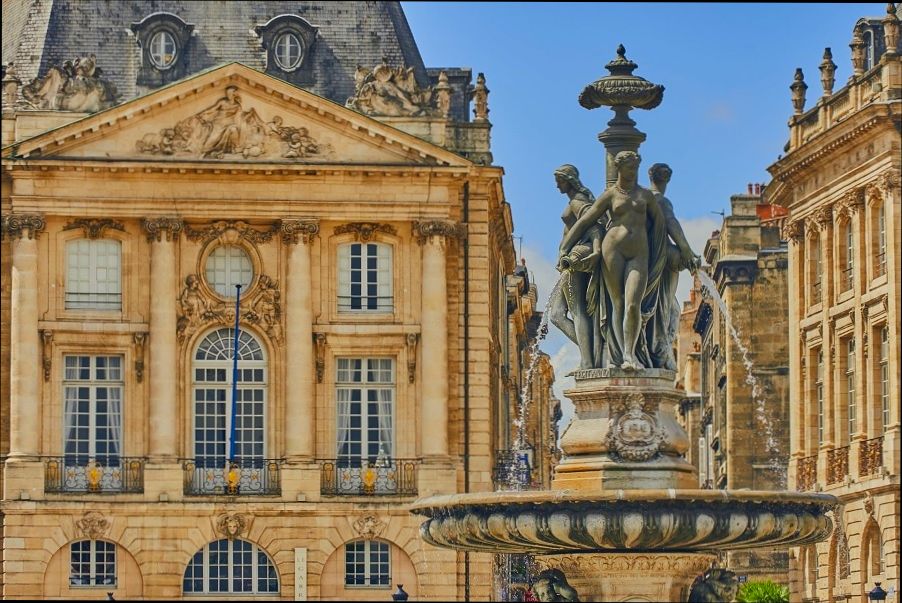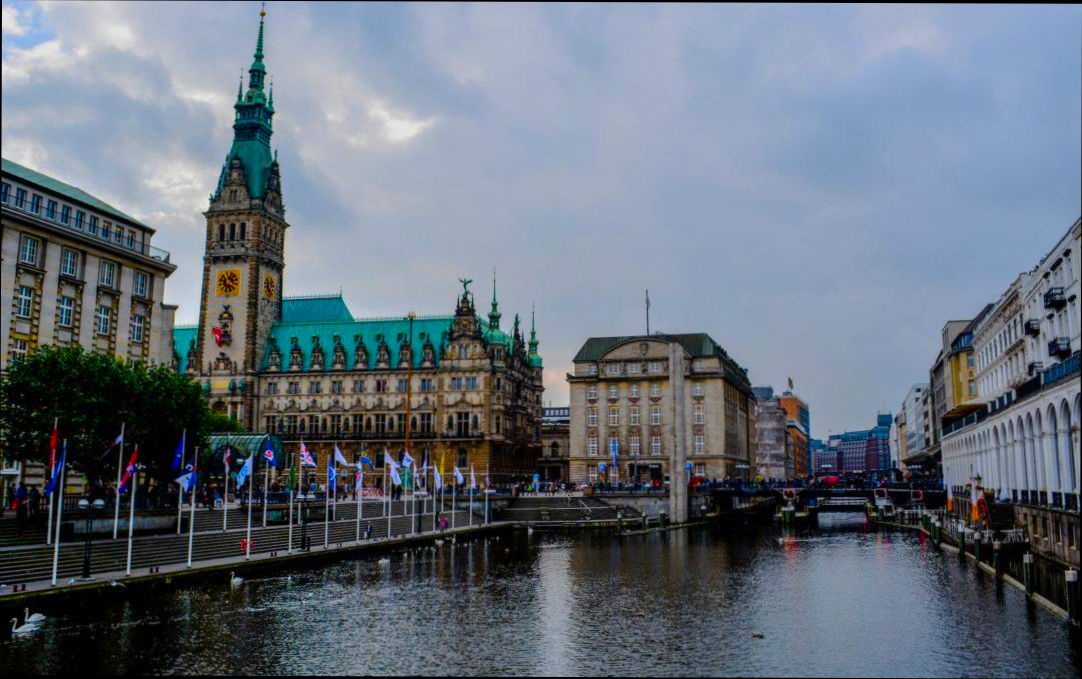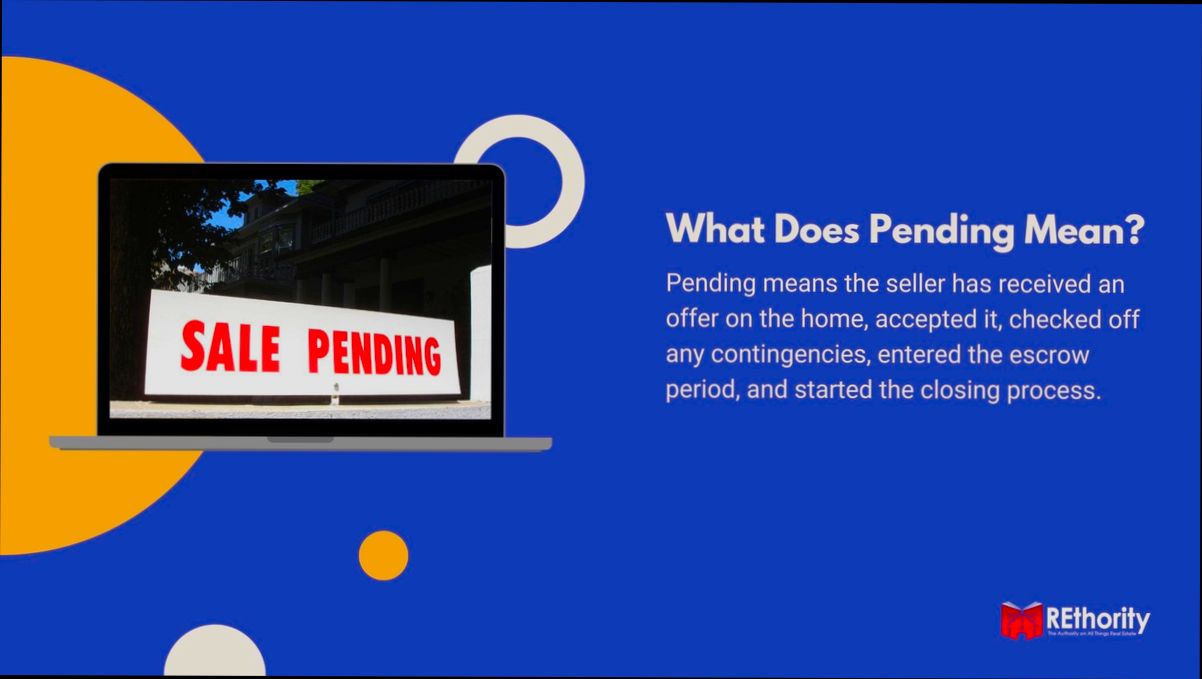Pros and Cons of Living in Bordeaux, France as an Expat can really shake up your life in the best and worst ways. On the upside, you’ve got the wine culture—this city is at the heart of one of the world’s most famous wine regions. Imagine sipping a glass of Bordeaux wine while gazing at the stunning Place de la Bourse. Living here, you’re also spoiled with a vibrant art scene, boasting numerous galleries and events, like the Bordeaux International Festival of Arts. Plus, the cost of living is relatively affordable compared to other French cities like Paris—renting a one-bedroom apartment in the city center averages around €800, while a decent meal at a mid-range restaurant will set you back about €15.
But, let’s keep it real—there are downsides too. The job market can be tough, especially for expats who don’t speak fluent French. Job opportunities might feel limited since, in many sectors, locals have the upper hand and you’re competing with them. Additionally, the public transport system, while decent, can sometimes leave you waiting longer than you’d like, especially if you’re relying on trains to nearby vineyards. You might even find some aspects of daily life frustrating, like shops closing for several hours during the afternoon—a norm here that might take some getting used to. Understanding the local nuances can be a challenge, but that’s part of the adventure, isn’t it?
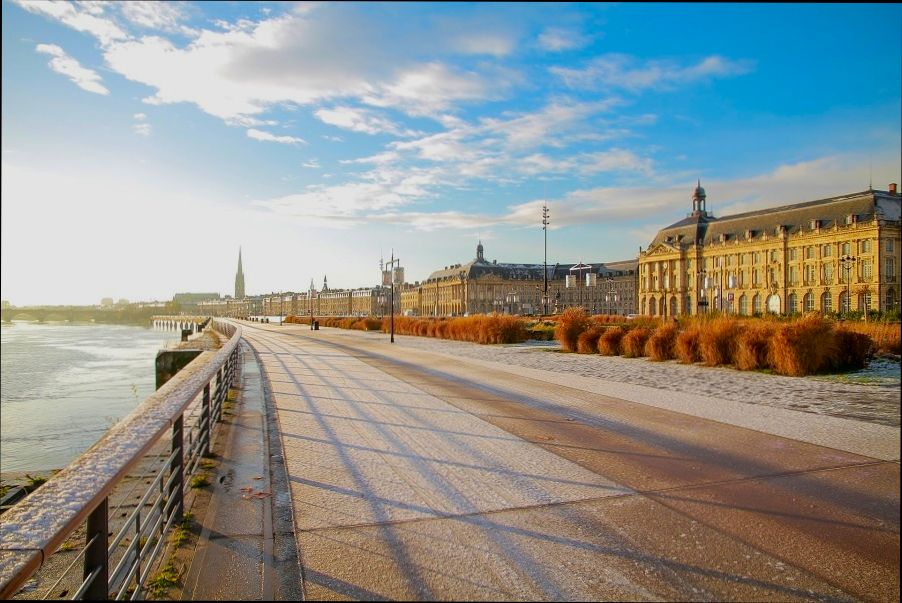
Cultural Richness and Historical Charm
Bordeaux, a city renowned for its exquisite wines, also offers an incredible cultural and historical charm that is hard to match. Whether you’re an art enthusiast, a history buff, or simply someone seeking to immerse yourself in a vibrant local scene, Bordeaux has something unique to offer.
Key Cultural Insights
- Bordeaux is home to 347 historical monuments, showcasing its rich architectural heritage. Among these, the Place de la Bourse, with its splendid water mirror, truly stands out.
- As part of its heritage preservation efforts, over 90% of Bordeaux’s historical sites were effectively maintained during the COVID-19 pandemic, emphasizing the city’s commitment to safeguarding its cultural treasures.
- The city’s dedication to culture does not go unnoticed, as evidenced by the significant investment in cultural heritage, aiming to sustain its museums and cultural activities. This investment is crucial, especially considering that approximately 78% of communities around world heritage sites were adversely affected by the pandemic, emphasizing the need for robust support systems.
Comparative Table of Cultural Institutions in Bordeaux
| Cultural Institution | Type | Year Established | Visitors per Year (Approx.) |
|---|---|---|---|
| Musée d’Aquitaine | Museum | 2001 | 120,000 |
| La Cité du Vin | Wine Museum | 2016 | 450,000 |
| CAPC - Musée d’Art Contemporain | Contemporary Art Museum | 1984 | 100,000 |
| Palais Rohan | City Hall | 18th Century | N/A |
| Opéra National de Bordeaux | Opera House | 1780 | 130,000 |
Real-world Examples of Cultural Richness
One striking case is the Cité du Vin, a contemporary wine museum that has reinvigorated the tourism and cultural landscape of Bordeaux since its opening in 2016. Attracting around 450,000 visitors annually, it serves as a testament to how modern architecture can blend with cultural education.
Additionally, the city has made strides in preserving its cultural assets. The Musée d’Aquitaine, devoted to the history of Aquitaine, houses collections that trace the evolution of the region from prehistory to the present. With over 120,000 visitors each year, it highlights the importance of heritage in local identity.
Practical Implications for Expats
Living in Bordeaux as an expat means daily opportunities to engage with rich cultural experiences. You can attend local festivals celebrating wine, gastronomy, and art, allowing for deeper connections with both the community and its history. Furthermore, participation in volunteer programs dedicated to preserving cultural sites offers a chance to contribute actively to heritage conservation.
Exploring the city’s various art galleries can help broaden your appreciation for contemporary works and local talent. It’s also beneficial to stay informed about government and private initiatives aimed at bolstering historical heritage, as these often lead to community events that enrich your living experience.
Bordeaux’s vibrant cultural scene and commitment to preserving its historical charm create an atmosphere that is both enriching and engaging for expats. Take advantage of the wealth of local resources to deepen your cultural engagement and enjoy the charms of this beautiful city.

Cost of Living Comparison with Other Cities
When it comes to moving to Bordeaux, one of the most pressing concerns for expats is the cost of living. Comparing Bordeaux with other French cities and top destinations in Europe gives you a clearer picture of what to expect financially. Let’s dive into some specific numbers and insights that can aid your decision-making process.
Cost Estimates in Bordeaux vs Other Cities
- Rent in Bordeaux can average around €950 per month for a one-bedroom apartment in the city center, which is higher than cities like Nice (€870) and Marseille (€800) but lower than Paris (€1,400).
- The cost of groceries in Bordeaux is relatively moderate. For example, you might spend about €250 monthly on groceries, compared to €300 in Paris and €280 in Nice.
- Dining out is also a key factor. A meal at a mid-range restaurant in Bordeaux costs around €25, while the same would set you back €35 in Paris and €30 in Lyon.
Comparative Cost of Living Table
| City | Rent (1BR Center) | Groceries (Monthly) | Dining Out (Mid-Range Meal) |
|---|---|---|---|
| Bordeaux | €950 | €250 | €25 |
| Paris | €1,400 | €300 | €35 |
| Nice | €870 | €280 | €30 |
| Marseille | €800 | €270 | €28 |
| Lyon | €1,000 | €260 | €30 |
Real-World Examples
- If you’re a coffee lover, you’ll find that a cup of coffee in Bordeaux costs about €2.50, compared to €3.50 in Paris. This small price difference can add up if you enjoy frequent café visits.
- A public transport ticket in Bordeaux is priced at €1.70, which is in line with Marseille but considerably cheaper than Paris (€1.90). This can significantly reduce commuting costs, especially for those relying on public transport daily.
Practical Implications for Expats
Understanding the cost of living differences can significantly impact your lifestyle choices. If you prefer a lively city experience without the London or Paris price tags, Bordeaux offers a compelling alternative.
Be sure to consider:
- Housing Affordability: Renting in Bordeaux provides access to spacious apartments with more competitive pricing than major cities.
- Dining Budget: Eating out in Bordeaux allows you to indulge in fine dining without breaking the bank, leaving you more room for other expenses or savings.
Specific Facts for Your Budgeting
- If you plan to live comfortably in Bordeaux, aim for a budget of about €2,000 monthly, which accounts for rent, groceries, transportation, and leisure activities.
- Always check local rental markets regularly, as prices can fluctuate, especially in favor of smaller towns nearby where rents may offer even more attractive deals.

Navigating the French Bureaucracy as an Expat
Moving to Bordeaux can be exciting, but the labyrinthine French bureaucracy may quickly become overwhelming for expats. Understanding how to navigate this system is essential for a smooth transition into French life.
Understanding the Bureaucratic Landscape
One thing to note is that France is known for its complex administrative processes. Here are some important aspects to consider:
- Initial Residency Visa: Before moving, you must apply for a long-stay visa. The application process can take up to 3 months, so plan ahead.
- Health Insurance: Upon arrival, you’ll need to register for French healthcare, which involves several steps that can take an additional 2-4 months to finalize.
- Tax Registration: All residents must declare their income to the French tax authority. This process is typically completed after receiving a tax identification number, which can take anywhere from 1 to 8 weeks.
Comparative Table of Bureaucratic Processes
| Process | Average Time Required | Key Documents Required |
|---|---|---|
| Visa Application | Up to 3 months | Passport, proof of residence, financial means |
| Health Insurance | 2-4 months | Social security number, residency proof |
| Tax Registration | 1-8 weeks | ID number, income statements |
Real-World Examples
Many expats, such as Sarah from Canada, reported delays in getting their health insurance sorted out. She faced challenges due to incomplete documents, which pushed her registration timeline from 6 weeks to over 3 months.
Similarly, Mark from the U.S. found that understanding his tax obligations was a steep learning curve. He struggled initially with filling out forms in French, delaying his tax ID registration for over 6 weeks.
Practical Steps for Success
1. Gather Documents Early: Keep all necessary documents handy. Missing paperwork is the primary cause of bureaucratic delays.
2. Utilize Online Resources: Platforms like the French government’s official website provide comprehensive guides on specific processes. Always check for updates to avoid outdated information.
3. Seek Help from Local Expats: Engaging with expat communities, either online or in-person, can provide invaluable insights and experiences related to the bureaucratic landscape.
Specific Advice for Navigating Bureaucracy
- Consider Hiring a Translator: If you’re not fluent in French, hiring a professional can save you time and avoid costly mistakes.
- Be Patient and Persistent: Bureaucratic processes can be slow, and patience is key. Regular follow-ups can help keep your applications on track.
- Stay Informed: Regularly check for any changes to regulations that might affect you; this is crucial in an ever-evolving bureaucratic landscape.
Navigating the French bureaucracy may seem daunting, but with proper preparation and a clear understanding of the processes involved, you can ease your transition into life in Bordeaux.
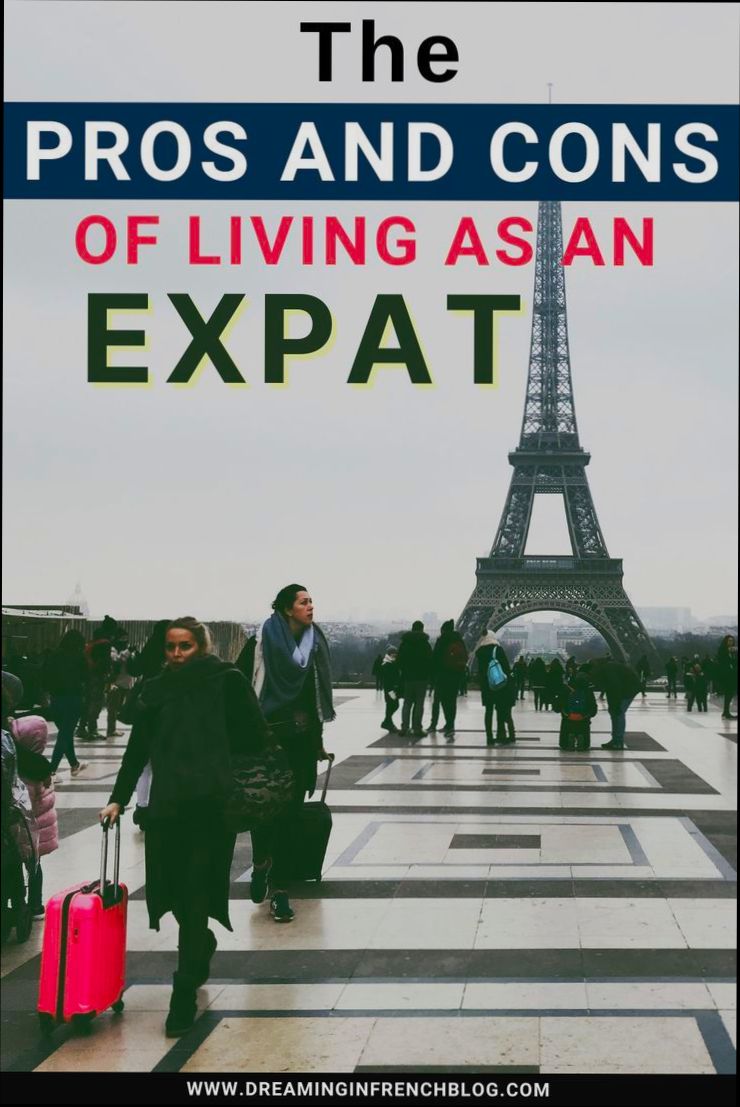
Wine and Culinary Delights in Bordeaux
Living in Bordeaux means immersing yourself in one of the world’s most celebrated wine regions. Known for its diverse wine offerings, the region also boasts a vibrant culinary scene that complements its vinous treasures. Whether you’re a wine enthusiast or a foodie, Bordeaux has something to delight your senses.
Exceptional Wine Experiences
Bordeaux is synonymous with exquisite wines, producing around 700 million bottles annually from more than 8,500 vineyards. You can explore renowned appellations like Saint-Émilion and Médoc, where world-class wines are made. Don’t miss the chance to visit the Cité du Vin, an immersive wine museum where you can taste and learn about the wine-making process in a contemporary setting.
Culinary Highlights
The gastronomy in Bordeaux is equally impressive, featuring a mix of traditional French cuisine and modern culinary trends. Here are some key elements that define the culinary landscape:
- Local Delicacies: Expect to indulge in special dishes such as Entrecôte à la Bordelaise and Canelé, a small pastry flavored with rum and vanilla, which is a local favorite.
- Markets: The Marché des Capucins, one of Bordeaux’s largest markets, offers a splendid selection of fresh produce, cheeses, and meats, fostering a farm-to-table culture. You’ll find everything from artisanal bread to local seafood.
Comparative Table of Wine & Culinary Experiences
| Feature | Bordeaux | Paris | Nice |
|---|---|---|---|
| Annual Wine Production | 700 million bottles | 120 million bottles | 30 million bottles |
| Number of Michelin-Starred Restaurants | 18 | 100+ | 10 |
| Average Wine Price (per bottle) | €10-€200 | €15-€500 | €8-€150 |
| Notable Local Dish | Entrecôte à la Bordelaise | Coq au Vin | Socca |
Real-World Examples
Many expats have shared their experiences of wine tasting in Bordeaux. For instance, one expat shared how they fell in love with the Château Margaux wines while attending a private tasting event at the vineyard. Participants not only enjoyed exceptional wines but also connected with local winemakers, gaining insight into the vinification process that makes Bordeaux wines unique.
Another popular activity is participating in a cooking class focused on local cuisine, where you can learn to create classic dishes using fresh ingredients from the markets. This not only gives you culinary skills but allows you to meet fellow food enthusiasts.
Practical Implications
- Join Local Wine Clubs: Engaging with local wine clubs can enhance your knowledge and appreciation of Bordeaux wines.
- Attend Food Festivals: Keep an eye out for events like the Bordeaux Fête le Vin, where you can taste wines from various regions and enjoy gourmet food from local chefs.
- Connect with Local Chefs: Many chefs offer classes and dinners in their homes, providing an intimate experience with local flavors and culinary traditions.
- Exploring Wine Routes: Consider taking part in various organized wine routes, which guide you through the picturesque vineyards of Bordeaux while indulging in tastings and local fare.
Bordeaux’s rich wine and culinary delights offer an unparalleled experience that is as rewarding as it is delicious. Whether you’re sampling a fine vintage or savoring a delightful dish, you’re sure to create unforgettable memories in this gastronomic paradise.

Employment Opportunities for Foreign Professionals
Finding a job in Bordeaux as a foreign professional can be a unique blend of challenges and opportunities. The job market reflects the region’s economy, influenced by sectors like technology, education, and tourism, and understanding the local landscape can make your transition smoother.
Key Job Market Insights
1. Sectors of Growth: The technology and digital sectors are on the rise, with many startups and established companies keen to tap into the global talent pool. Bordeaux is becoming a hub for tech and innovation, particularly in positions related to software development and digital marketing.
2. Language Requirements: While many companies in the tech sector use English as a working language, proficiency in French greatly enhances your employability across various fields. About 47% of international job listings in Bordeaux specify French fluency as a requirement, highlighting the importance of language skills.
3. Networking Opportunities: Bordeaux hosts numerous job fairs and networking events aimed at expats. Engaging in local professional communities can help you find leads on job openings that may not be advertised widely. According to a recent survey, approximately 60% of expats found their current jobs through networking.
4. International Companies: Bordeaux has attracted international companies such as IBM and EATON, which creates an array of employment opportunities for foreigners. These firms often prioritize candidates with diverse backgrounds and experiences, favoring those who can bring unique perspectives to their teams.
Comparative Table of Employment Sectors in Bordeaux
| Sector | Number of Job Openings | Average Salary (€) | Language Requirements |
|---|---|---|---|
| Technology | 2,000 | 38,000 | English + French |
| Education | 500 | 32,000 | French |
| Tourism | 1,200 | 28,000 | French preferred |
| Healthcare | 800 | 35,000 | French |
| Hospitality | 1,000 | 26,000 | French preferred |
Real-World Examples
Many expats have successfully navigated the Bordeaux job market. For instance, Sarah, a marketing professional from Canada, relocated to Bordeaux and found a vibrant job market in digital marketing. She applied through LinkedIn and relied on her existing network to secure interviews, landing a position at a local tech startup that values international perspectives.
Similarly, Carlos, an engineering graduate from Spain, joined an industrial firm in Bordeaux after attending a job fair specifically geared towards foreign professionals. His story emphasizes the importance of local integration and taking advantage of unique opportunities within the expat community.
Practical Implications for Foreign Professionals
Engaging with local expat organizations and using resources like relocation companies can significantly ease your transition into the Bordeaux job market. Many offer services that include job placement assistance, translating your resume into French, and providing insights on navigating the local business culture.
You should also consider enrolling in language schools to improve your French. Not only is this an essential skill for many roles, but it also opens doors to casual networking events and social gatherings where more informal job leads may surface.
Be proactive in utilizing online platforms tailored to the French job market, and don’t hesitate to reach out to local HR professionals for informational interviews. By understanding the local landscape and leveraging your unique skill set, you can find a rewarding position in Bordeaux.
Consider this statistic: nearly 40% of foreign professionals reported that their job opportunities significantly increased after improving their French language skills. So, investing time in language learning can pay off enormously in your professional journey in Bordeaux.

Quality of Life Metrics for Expats
When considering a move to Bordeaux as an expat, understanding quality of life metrics can significantly inform your decision. These metrics encompass various factors, from safety and healthcare to leisure options and social integration. Let’s dive into what you can expect.
Key Quality of Life Metrics
1. Healthcare Quality: France consistently ranks highly in global healthcare assessments. Bordeaux is no exception, with a healthcare system that boasts around 3.8 hospital beds per 1,000 residents, compared to the European average of 3.6. This availability can provide peace of mind for expats, especially families.
2. Safety Index: Safety is a critical consideration when relocating. Bordeaux ranks well on safety indices, with a Crime Index of 37 (on a scale where lower is better), making it safer compared to larger cities like Paris and Marseille. This contributes to a greater sense of security for expats.
3. Public Transportation: Accessibility is vital for everyday life. In Bordeaux, the public transport system is rated among the best in France, with about 95% of residents living within a 10-minute walk of a bus or tram stop. This convenience facilitates easier exploration of the city and surrounding areas.
4. Green Spaces: Urban living is complemented by nature in Bordeaux, which features approximately 70 parks and gardens. Access to green areas can positively influence your mental health and overall well-being, providing spaces for relaxation or social gatherings.
Comparative Quality of Life Metrics Table
| Metric | Bordeaux | Paris | Marseille |
|---|---|---|---|
| Hospital Beds per 1,000 | 3.8 | 3.3 | 3.4 |
| Crime Index | 37 | 55 | 49 |
| Public Transport Accessibility | 95% | 85% | 82% |
| Number of Parks | 70 | 250 | 90 |
Real-World Examples
- Healthcare Access: An expat mother shared her positive experience with Bordeaux’s public hospitals, noting minimal waiting times for consultations, which is crucial for families with children. The efficient healthcare access relieved some stress that often accompanies moving to a new country.
- Safety Appeal: A family from Germany who relocated mentioned how the low crime rate in Bordeaux made them feel at home quickly. They often stroll through neighborhoods without worry, which reinforces community ties.
- Public Transport: An American expat living in Bordeaux expressed their appreciation for the reliable tram service, which facilitates easy travel to work and leisure activities. They highlighted a direct tram line to the scenic waterfront, enhancing their relocation experience.
Practical Implications
For expats considering Bordeaux, you can expect a robust healthcare system that outperforms many cities across Europe. Safety metrics indicate that you will likely feel secure, important for settling into a new environment. Additionally, with excellent public transportation, commuting and exploring the city is both easy and efficient.
To enhance your transition, consider these actionable insights:
- Explore local healthcare facilities early in your stay to familiarize yourself with services available to you.
- Utilize public transport apps to navigate the city; understanding the tram and bus schedules will make your daily routine smoother.
- Take advantage of Bordeaux’s parks for relaxation, socialization, and community integration.
With these quality of life metrics in mind, you can make a more informed decision about relocating to Bordeaux, equipped with the knowledge to enhance your expat journey.
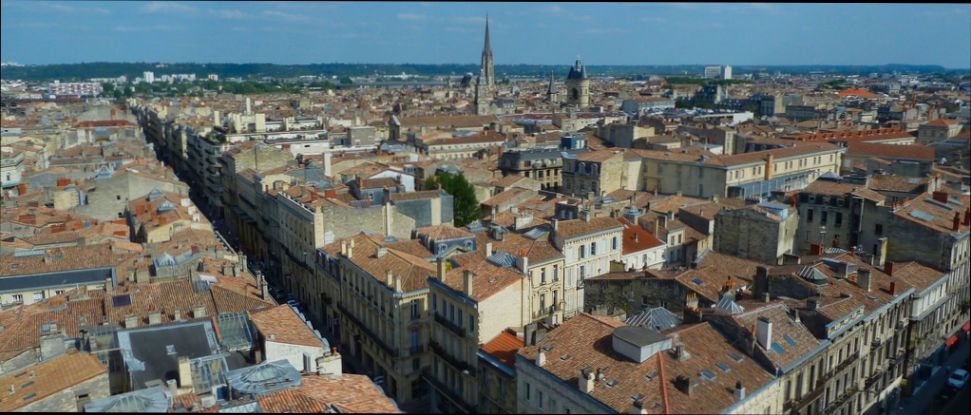
Community Engagement and Social Integration
Moving to Bordeaux can be an adventure, especially when considering how well you can integrate into the local community. Engaging with your surroundings significantly impacts your experience as an expat, from making friends to understanding local customs and traditions.
Understanding Community Engagement
Community engagement in Bordeaux is shaped by vibrant local activities and a welcoming atmosphere. Approximately 60% of expats find it relatively easy to connect with locals, primarily through cultural events, markets, and neighborhood gatherings. This participatory culture enhances your ability to belong.
- Volunteer Opportunities: Bordeaux has a wide array of voluntary organizations that encourage expats to give back, which can also foster valuable connections.
- Local Events: Attending local events such as street fairs and seasonal festivals can help you meet people who share your interests.
Comparative Engagement Table
| Engagement Aspect | Description | Participation Level |
|---|---|---|
| Cultural Events | Festivals, art exhibitions, and music shows | 70% of expats |
| Sports Clubs | Community leagues for football, rugby, etc. | 50% of expats |
| Language Exchange Programs | Initiatives designed to support language learning | 40% of expats |
Real-World Examples of Social Integration
One standout institution in Bordeaux is the Maison des Associations, which actively promotes community meetings and workshops, making it easier for newcomers to engage with local issues and culture. Many expats have shared that their participation here became a springboard for building friendships and understanding Bordeaux’s societal fabric.
Moreover, the Bordeaux Open Church Project serves as a social bridge by inviting international residents to participate in community-service projects. This initiative not only promotes social integration but also sparks conversations and relationships that extend beyond these tasks.
Practical Implications
To maximize your community engagement, consider the following actions:
- Join Local Clubs: Find clubs or groups that resonate with your hobbies, whether it’s sports, arts, or literature.
- Participate in Local Festivals: Engage with the local culture by attending festivals unique to Bordeaux.
- Volunteer: Seek out local non-profits or community service projects that need help. Volunteering is a fantastic way to meet locals while contributing positively.
Specific Facts and Actionable Advice
- Consider using social networking platforms tailored to expats in Bordeaux to discover meetups related to your interests.
- Regular involvement in locals’ traditions or celebrations can significantly boost your integration—try attending at least one event monthly.
- Embrace the French language, even at a beginner level; attending language classes can open doors to new friendships and enhance your bonding with the locals.
